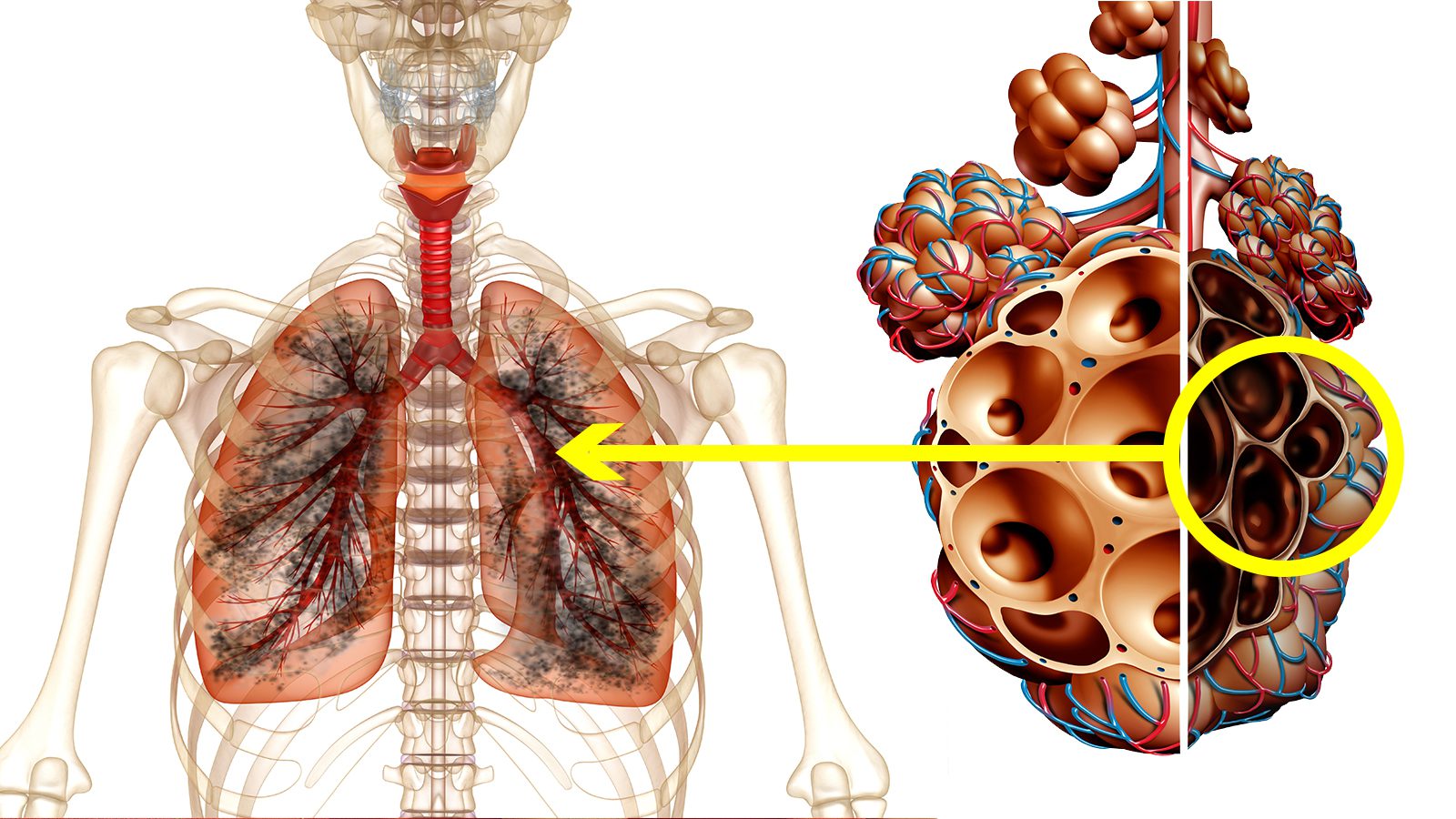If you have smoking lungs, you may suffer from negative consequences such as difficulty breathing, frequent coughing, or even respiratory diseases such as emphysema. Some people even develop cancer from smoking cigarettes and other tobacco products due to the various harmful chemicals they ingest.
However, even if you’ve been smoking for decades, you can still heal your respiratory health by quitting and making positive lifestyle changes. For example, exercising, eating a balanced diet, and doing deep breathing techniques can strengthen your lungs and increase oxygen capacity. These habits can help detox your body and enhance your overall well-being.
You can also seek support for smoking cessation and respiratory health, such as counseling or programs to help you overcome nicotine dependence. Healthy lifestyle practices, therapy sessions, and smoking cessation treatments are strong allies in the fight against smoking addiction. Below, medical professionals offer valuable insights and strategies to heal smoking-damaged lungs for improved respiratory health.
Understanding the Damage Caused by Smoking
If you have damage from smoking lungs, you may notice detrimental impacts on your health, such as lung function impairment and throat irritation. Because cigarettes and other tobacco products decrease oxygen in your lungs, you have an increased risk of developing respiratory illnesses, cancer, and other chronic diseases. Cigarettes have over 7,000 toxic chemicals. These include benzene, formaldehyde, and nicotine, that can wreak havoc on your mind and body. Tobacco smoke also contains carbon monoxide, which causes smoking-related lung damage by depleting oxygen in your lungs and other vital organs.
According to the American Lung Association, at least 69 of these chemicals have been linked to various cancers, but they all cause damage over time. Some, such as acrolein, a toxicant 10-1000 times more harmful than formaldehyde, can cause a sore throat after smoking just one cigarette. Other effects of smoking on the respiratory system include the risk of developing diseases such as chronic obstructive pulmonary disease (COPD). Research shows that smoking tobacco results in 80% of COPD cases among men and women.
In addition, the CDC reports that smoking lungs can lead to an enhanced risk of lung cancer, with smokers around 25 times more likely to develop cancer than nonsmokers. Coronary heart disease and stroke risks also increase by 2-4 times due to smoking cigarettes. Finally, regularly inhaling tobacco smoke decimates cilia, tiny hairs in your lungs that protect the airways from mucus and foreign contaminants. When the cilia don’t function properly, it can lead to a “smoker’s cough” as your body tries desperately to rid itself of toxins. Other complications of smoking include reproductive problems, tooth decay, obesity, and osteoporosis.
According to the CDC, cigarette smoking remains the leading cause of preventable disease and death in the US. Sadly, the adverse effects of smoking lungs result in 20% of deaths among men and women.
Quitting Smoking Is the First Step to Restore Respiratory Health
Despite all these negative health outcomes from smoking, you can quickly heal smoking lungs after quitting tobacco. Of course, if you’ve been smoking for years or decades, you may initially struggle to overcome the addiction. However, smoking cessation tools and programs such as nicotine replacement products and therapy can help you achieve your goal.
On days when you have intense cravings, remind yourself of the numerous benefits of quitting smoking, such as decreased inflammation, enhanced lung capacity, and a significant reduction in disease risk. Just twenty minutes after stopping, your heart rate and blood pressure will fall, and after 12 hours, blood levels of carbon monoxide return to normal.
Adopting a Healthy Lifestyle for Healing Smoking Lungs
Doctors recommend the following lifestyle practices and healthy habits for lung health:
- Eat a lung-healthy diet. Eating nutritious foods like fruits and vegetables gives your body critical antioxidants to boost your immune system and aid cell regeneration. Oxygen-rich foods from nature will also help heal tissue damage from smoking lungs.
- Exercise for respiratory improvement. Regular cardiovascular exercise like running or HIIT workouts will increase your lung capacity and improve oxygen flow.
- Drink plenty of water. Drinking at least 2-3 liters of water daily helps flush out toxins and eliminates lung mucus.
- Practice deep breathing exercises. Breathing slowly and deeply will help you feel more relaxed if you experience withdrawal symptoms. Deep breathing also helps deliver more oxygen to your lungs and diaphragm, helping to heal damage from smoking lungs.
Breathing Exercises and Techniques to Heal Smoking Lungs
As mentioned above, many health experts recommend specific lung exercises and respiratory techniques to heal smoking lungs. Increasing your lung capacity and oxygen availability will make you feel more peaceful and relaxed throughout the day. Doctors recommend deep breathing exercises such as diaphragmatic or belly breathing to improve lung function.
To practice this technique:
- Lie on your back with one hand on your chest and the other on your stomach.
- Inhale slowly and deeply through your nose for four seconds, then exhale through pursed lips for four seconds.
- Repeat as many times as necessary until you feel calmer and you notice your breath becoming quieter.
Managing and Treating Lung Conditions
Home remedies can be helpful as you try to heal smoking lungs. However, following your doctor’s guidance for lung disease management is also essential. If you suspect you have lung damage from smoking, make a doctor’s appointment immediately so they can provide treatment for respiratory conditions. They will formulate a specialized treatment plan for you and continue monitoring your health as you heal.
Support and Resources for Smoking Cessation and Lung Healing
Finally, you can utilize resources for healing smoking lungs, such as support groups, counseling, and smoking cessation programs. Some people find it beneficial to talk with others about their experiences and struggle with giving up tobacco products. Having the support and accountability of people who care about you can significantly impact your recovery. Other educational resources, such as websites on lung health, can also help you stay motivated to quit.
Final Thoughts on Healing Smoking Lungs So You Can Breathe Easier
According to doctors and experts, quitting smoking can heal smoking lungs for increased respiratory health. You should also exercise, eat nutritious foods, and stay hydrated. Other strategies for lung healing include:
- Adopting a healthy lifestyle.
- Practicing deep breathing exercises.
- Seeking professional support to ensure your success in overcoming a smoking addiction.
Make sure to follow your doctor’s guidance and treatment plan as you continue on your journey to restoring lung health and well-being.

















 Community
Community

